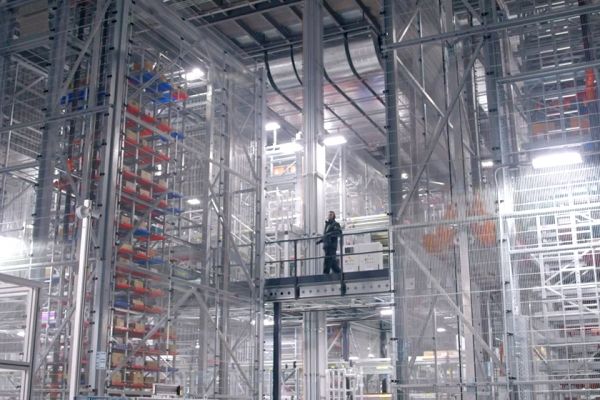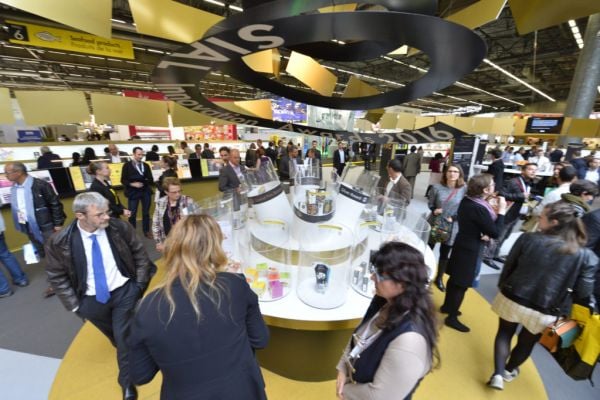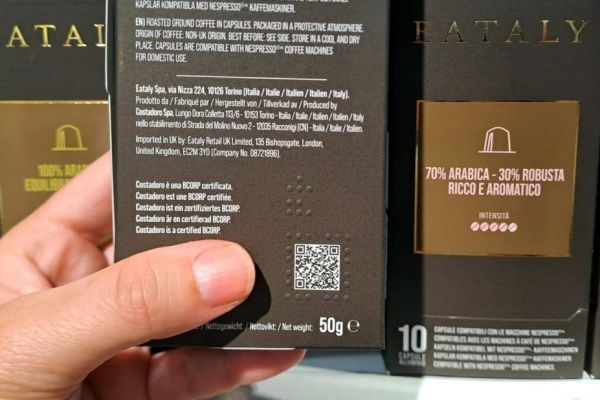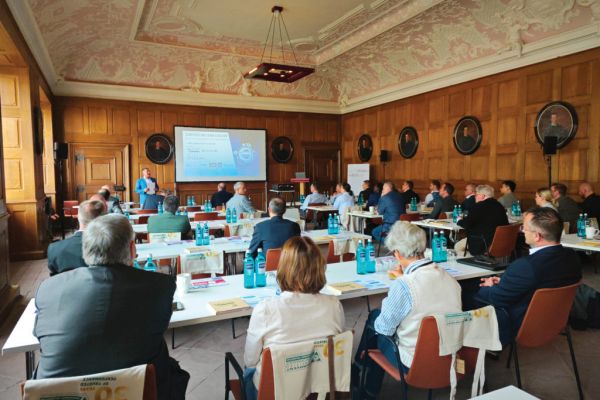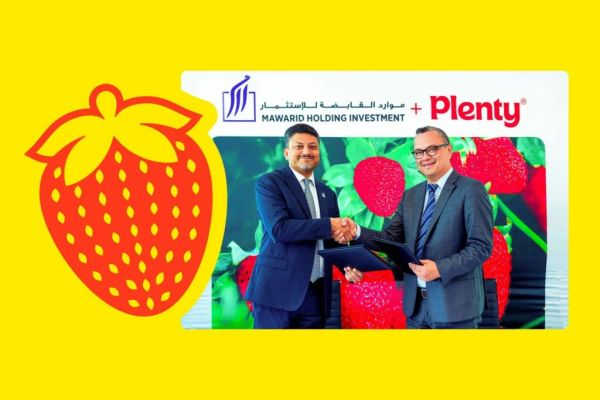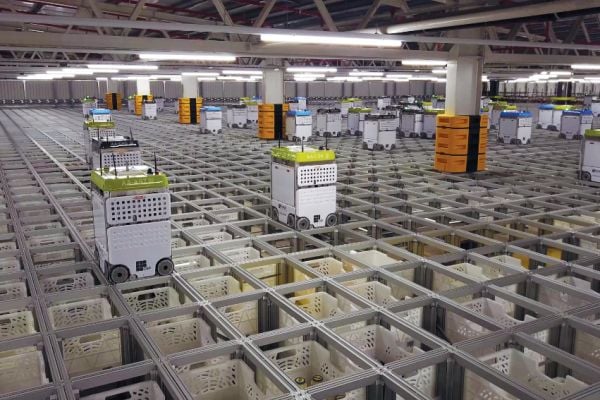A recent study by IBM and the Consumer Goods Forum found that more than three quarters (77%) of consumer goods industry leaders believe that investment in sustainability will help to accelerate business growth, with technology at the centre of how this can be achieved. However, many firms still lack clear direction as to the best path forward.
At the Consumer Goods Forum Global Summit in Kyoto (read ESM’s reviews of Day One and Day Two), Elaine Parr, senior partner and vice-president of consumer industries, IBM, and Sevgi Koklu, vice president and managing director of global sales, IBM Technology, shared their insights on how technology can enable businesses to integrate sustainability into every aspect of their DNA.
As Parr and Koklu explained, retailers and consumer goods firms need to recalibrate their metrics in order to “operationalise” sustainability, however, many lack the insight on how to achieve this.
Operationalise The Data
“The single-biggest issue is being able to operationalise the data needed,” Parr tells ESM. “You have to really get into the processes and identify which process delivers the necessary data for reporting and action.”
As she explains, with many firms already seeking greater standardisation and optimisation at present, this is the “perfect time” to bake ESG into process- and decision-making, in the same way that, for example, tax considerations might be.
“We have an expression, which is, ‘The CEO is writing sustainability cheques that the CIO has to cash,’” Parr says. “While CEOs can talk about sustainability on stage, it’s the responsibility of the CIO to incorporate it into the data, processes, workflow, reports and analytics. This is an opportune time to incorporate the right decision points and data points into their operations.”
Integrated Visibility
The rise of automation and data analytics, coupled with IoT, AI and machine-learning technology, is enabling businesses to take strident steps forward, in terms of optimising their operations, and sustainability should be no different, Parr and Koklu argue.
“Consider the concept of end-to-end integrated visibility within an organisation,” says Koklu. “To effectively implement such a system, it is crucial to address each category comprehensively. This involves embedding KPIs into the organisation’s core, defining clear goals and strategies, and incorporating them into every step, from organisational structure to processes and data technologies.
“However, implementing these changes is not always a simple task. It requires starting with the right data, identifying relevant information, and giving that data to the right group of people.”
When defining those KPIs around ESG goals, Koklu adds, businesses need to closely examine their internal processes, determining which processes need to be re-engineered, as well as examining the processes of their ecosystem partners – in other words, analysing every aspect of their supply chain. Historically, this would have been a mammoth task, but advancements in technology – particularly automation – are a key supporting factor.
“Automation plays a pivotal role in enabling this integration,” Koklu adds.
Read More: Over Three Quarters Of FMCG Leaders Say Sustainability Investments Will Spur Growth
Shopper Engagement
According to IBM, this, in turn, empowers a business to reset the conversation that it has with shoppers around sustainability and act more proactively, in terms of meeting its ESG expectations.
“We recently examined the intention-action gap of shoppers,” says Parr. “Around 75% said that they wanted to make sustainable choices, but when their shopping baskets were analysed, only 35% of the items in the basket were actually sustainable choices. This indicates that we are not effectively empowering shoppers to make sustainable decisions.
“If a consumer walks into the store with the mindset to be more sustainable, how can a retailer support that? We have to make it easier for shoppers to make the right choices when shopping, and that goes for every single category.”
Read More: The Consumer Goods Forum Launches Tool To Accelerate Decarbonisation
Driving Profitability
Efforts to improve a business’s ESG footprint should also drive greater profits, IBM argues – in other words, there shouldn’t be a trade-off between sustainability and profitability.
“We have one client who operates more than 3,000 retail stores,” says Koklu. “Alone, this client consumes 1% of their country’s electricity consumption. They are seeking assistance in reducing this energy consumption, and this objective directly aligns with their sustainability goals.
“By reducing the client’s operational costs, this not only favourably benefits the business, it can also benefit their consumers. When significant savings from a particular initiative are achieved, it can help to drive cost-effectiveness, lower prices, and position the business more favourably against its competitors.”
“A more sustainable business often tends to be a more profitable one,” Parr adds. “Many clients we speak to refer to this as ‘profitable sustainability’. In many ways, I don’t think it’s a question of if, but when, this realisation becomes more widespread.”
© 2023 European Supermarket Magazine – your source for the latest technology news. Image created via 123rf.com AI Image Generator. Article by Stephen Wynne-Jones. Click subscribe to sign up to ESM: European Supermarket Magazine.



